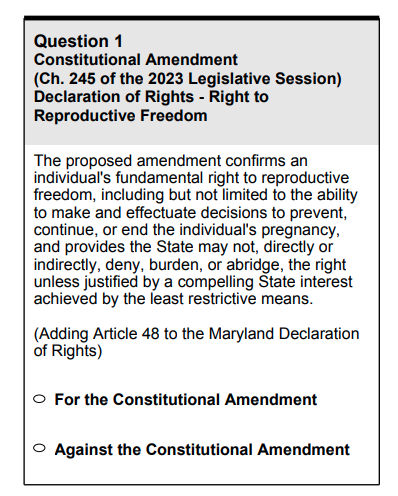On Jan. 1, 1892, Ellis Island received its first immigrants. This iconic historical location received 17 million immigrants between its opening and its closure in 1954. Currently, it has been transformed into a museum where tourists can visit and learn about the island’s history and its impact on American culture.
Now, every January 1 is not only New Years Day but also Ellis Island Day in honor of Ellis Island’s first immigrants. President George H. W. Bush founded this holiday back in 1991 to commemorate Ellis Island’s historical influence.
Located southwest of Manhattan Island, New York, Ellis Island was called the Gateway to the New World. From its opening to 1924, it “served as the nation’s major immigration station,” according to Britannica.
However, in order to enter the country, immigrants had to prove their health. Less than 20 doctors were responsible for examining hundreds of thousands of newcomers. PBS says that they ended up evaluating thousands of people in just a couple hours.
This lack of time led doctors to forgo medical instruments, using just their bare hands to inspect all these patients and, consequently, transmitting disease. Those who failed the medical exams were typically sent back to their countries of origin.
There has been some controversy over whether immigrants passing through Ellis were treated cruelly or not. Many believe that a huge portion of them were turned away. “I vaguely recall that there were poor conditions like unfair literacy tests and they denied a lot of people entry even though they spent a lot of money to get there in the first place,” junior Adam Dubelman said.
Still, CNN indicates that “the rejection rate was less than 2 percent” despite the facility’s other nickname: the Island of Tears. Today, over 30 percent of Americans have a family member who came through Ellis Island. “My mother used to tell me about how her family came over to escape the Potato Famine in Ireland,” freshman Alexis Smith said.
Some students have found family members in Ellis Island records. “We found like my great grandmother in an Ellis Island record book. I have no idea how she was treated other than she got here to America,” Dubelman said.
Despite the island’s significance in American history, surprisingly few students know much about it. In fact, some have fallen for a common misconception — the Statue of Liberty is not located on Ellis Island. It stands on Liberty Island, a ferry ride away from Ellis.
Considering suspicions surrounding unfair treatment, some think that we should not glamorize it. “I think the celebration of Ellis Island wouldn’t do justice to our history. Honoring what it was originally intended for is understandable, but we also need to recognize the harm that the place has caused,” junior Mara Porter said.
The connection between Americans’ roots and this facility renders it important to many, but others believe that the island isn’t all that special. “A lot of people on the East Coast can trace their roots back to Ellis Island, but I don’t know if anything it did is really worth celebrating,” Dubelman said. “Every country takes in immigrants. The U.S. just took in a lot at one time.”
The idea of having a holiday for a location itself can stir up controversy. “I really don’t get the point of having all these random holidays. There’s no way to celebrate them and nobody really cares,” Smith said. “I know it’s about being grateful and thoughtful, but really, it doesn’t matter.”
If you would like to voice your opinion on an issue you feel is relevant to our community, please do so here. Anyone is able and welcome to submit a Letter to the Editor, regardless of journalistic experience or writing skills. Submissions may be published either online or in a print issue.







